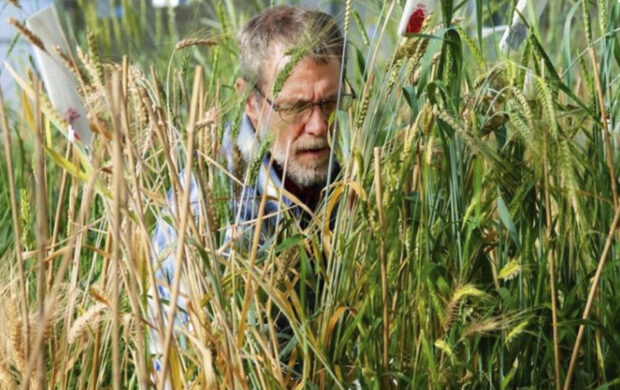At COP26, 104 countries signed a commitment to reduce their methane emissions by 30% by 2030. The commitment draws focus on methane, whose levels of emissions and effect on the environment, have so far been overlooked. Notable polluters such as China, India, Russia, Australia, Turkey, and South Africa did not sign the commitment pledge.

So what?
Although the methane released by livestock has made its rounds in mainstream environmental discourse, many other processes that contribute to methane release have so far been overlooked. The causes for this lack of focus might be due to the short-life span of methane in the atmosphere and an underestimation of the amount of methane emitted.
However, recent research has shown that methane leaks from the oil and gas industry are much higher than previously estimated. Also, the short life span of methane in the atmosphere (compared to carbon dioxide) is increasingly being seen as an opportunity to mitigate environmental damages in the short term. Reductions in methane now will help reduce the damage from climate change in the short term, while countries address the longer-term problem of carbon dioxide emissions.
Yet, for countries to follow through with their pledges, they might need to make significant changes in the livestock sector, in industry, and/or in energy production. Changes in industrial process might be the lowest hanging fruits, as even China, a non-pledging nation, has already set out to control methane emissions in key industries.
Sources
-
 ‘It is the methane moment.’ How a once ignored greenhouse gas moved to center stage https://www.science.org/content/article/it-methane-moment-how-once-ignored-greenhouse-gas-moved-center-stage
‘It is the methane moment.’ How a once ignored greenhouse gas moved to center stage https://www.science.org/content/article/it-methane-moment-how-once-ignored-greenhouse-gas-moved-center-stage -
 Over 100 countries join methane pledge but China, India, Australia and Russia stay out https://www.climatechangenews.com/2021/11/02/100-countries-join-methane-pledge-china-india-australia-russia-stay/
Over 100 countries join methane pledge but China, India, Australia and Russia stay out https://www.climatechangenews.com/2021/11/02/100-countries-join-methane-pledge-china-india-australia-russia-stay/ - https://www.reuters.com/business/cop/china-plans-methane-emission-controls-key-industries-2021-11-25/

















Join discussion